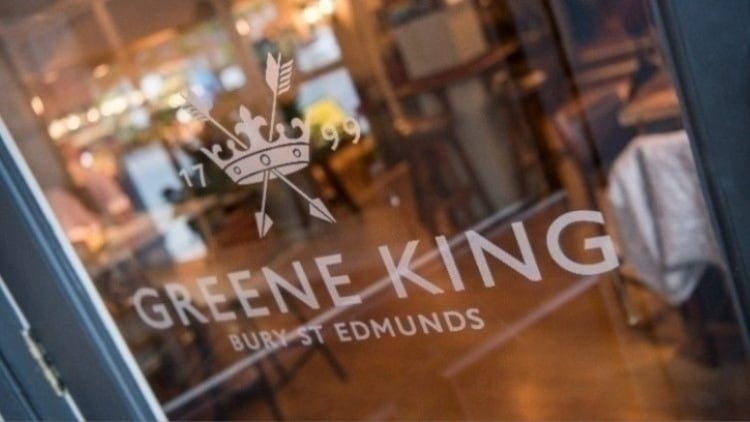This made me think of the age of old question, planning or licensing, what to do first?
For many of those in the hospitality trade, whether opening a new pub or converting an existing premises, the question of licensing versus planning often causes confusion.
While both are essential processes, they serve very different functions and are handled by separate authorities.
Crucially, the order in which you approach them can save you time, money, and hopefully a good deal of stress. I do not think you need me to tell you that a pub without alcohol is, well, not a pub.
What’s the difference?
Licensing relates to the licensable activities you want to carry out, which includes the selling of alcohol, providing late night refreshment, and offering entertainment.
These are regulated under the Licensing Act 2003, which in turn is dealt with by the local council and its Licensing Authority.
Planning, on the other hand, concerns the use of land and buildings.
This includes changes to the use class of a property, structural alterations, signage, and restrictions on hours of operation or noise.
These are dealt with by your local council’s planning department under the Town and Country Planning Act 1990.
In short, think of it this way:
- Planning permission is about what the building is allowed to be.
- Licensing is about what you’re allowed to do inside it.
What should come first?
There’s no legal requirement to have planning permission before applying for a premises licence.
However, in practice, planning should usually come first.
Here’s why:
1. Planning constraints may limit your licensable activities
Planning decisions might restrict opening hours, refuse permission for a beer garden, or deny a change of use from retail to hospitality.
If you obtain a premises licence but then can’t secure planning permission for the intended use, your licence becomes largely redundant—and you’re left with wasted costs.
2. Licensing committees don’t override planning decisions
A common misconception is that securing a licence means you can operate regardless of planning status. This is simply not true.
If you breach planning conditions, enforcement action can shut you down even if you’re fully licensed.
3. Planning objections can feed into licensing hearings
Although the planning and licensing systems are separate, objections raised during the planning process often reappear during licensing consultations, particularly from local residents or responsible authorities like environmental health.
Therefore, being able to deal with these issues effectively at the first stages of planning allows for greater clarity and understanding at any subsequent Licensing Hearing.
When might licensing come first?
There are rare situations were applying for a licence first makes sense.
Some operators also prefer to ‘test the waters’ with the licensing authority before investing in costly planning applications.
Allowing for the operator to gain a better understanding of potential operational hours
Top Tips for Publicans
- Do your research: Check the property’s current use class and any existing planning conditions
- Consult early: Speak to both the planning and licensing departments before applying
- Get expert help: Consider engaging licensing solicitors or planning consultants, especially for complex projects or contentious areas
- Don’t assume anything: Just because the previous tenant ran a pub doesn’t mean your plans will be approved
Last orders
Licensing and planning are two sides of the same regulatory coin. One governs what you do; the other, where and how you do it.
While not legally linked, they’re practically intertwined. For most publicans, securing planning consent first provides the solid foundation upon which a successful licence application can be built.
Failing to plan or rather, planning to license without planning, can be a costly mistake.
- Alex Tomlinson is a solicitor at Poppleston Allen




